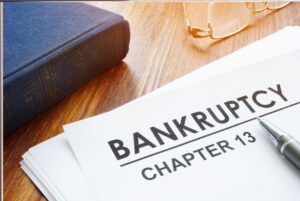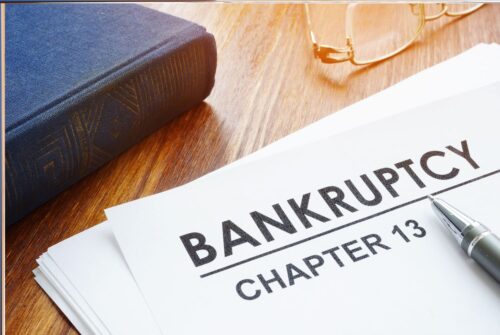
What You Can Do if You Can’t Make Your Chapter 13 Payments
If a debtor falls behind on his or her chapter 13 plan payments, he or she can seek the modification of the plan payments, request a hardship discharge, or convert to chapter 7. The debtor can also dismiss and refile his or her case.
Modifying Plan Payments
An individual can modify the terms of the repayment plan, which could include reducing the current monthly payment or extending the length of time it will take to repay creditors. Bankruptcy lawyers in Las Vegas can walk debtors through the process of requesting the court to modify the repayment plan. Lawyers can also help debtors gather and submit to the court evidence demonstrating their changed financial circumstances.
Hardship Discharge
If a debtor can’t pay his or her chapter 13 plan payments, he or she may discharge (wipe out) some unsecured debts through a hardship discharge. Sometimes, individuals are unable to continue making their monthly income-based repayments because of a serious personal injury, illness, or loss of employment. In that case, the court may consider a hardship discharge.
Converting to Chapter 7
If the chapter 13 repayment plan proves unmodifiable because it won’t make any significant impact on the debtor’s debt, he or she might want to consider converting the repayment plan to a chapter 7. This move wipes out the majority of the unsecured debts in exchange for exempting some property. In many situations, Chapter 7 bankruptcy is a better fit than Chapter 13 bankruptcy. For example, whereas Chapter 13 bankruptcy requires several years of repayments, Chapter 7 has a quicker process and allows debtors to keep or reclaim most if not all of their property.
Dismissing and Refiling
If a debtor can’t make his or her chapter 13 plan payments, he or she can dismiss the case by filing a motion with the court. This allows the individual to retake effective control over his or her financial future.
Staying Current on the Repayment Plan
At the time of filing Chapter 13 bankruptcy, a debtor needs to set up a realistic timeline on how he or she will make monthly payments. If the debtor owes more than he or she can reasonably repay, then there is the option of requesting the court to allow him or her to pay over an extended period. If the court approves an extended repayment period, the debtor becomes responsible for surplus payments accrued over the term of the plan.
Taylor L. Randolph
Taylor L. Randolph, the founder of Randolph Law Firm, P.C., located in Las Vegas, Nevada. He focuses his practice on bankruptcy, foreclosure prevention, and IRS tax problems. An award-winning attorney who is admitted to practice before the IRS nationwide, Taylor excels in the representation of individuals and businesses who are facing legal challenges.
Years of Experience: Nearly 20 years
Nevada Registration Status: Active
Bar & Court Admissions: Nevada State Bar Association
U.S. District Court District of Nevada, 2006
U.S. Supreme Court, 2006
U.S. Tax Court, 2006








